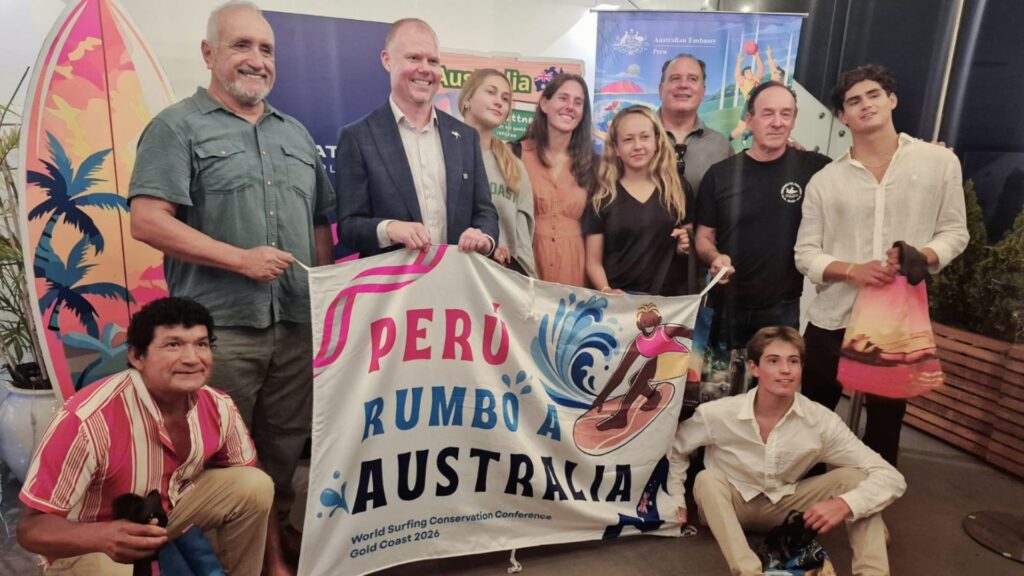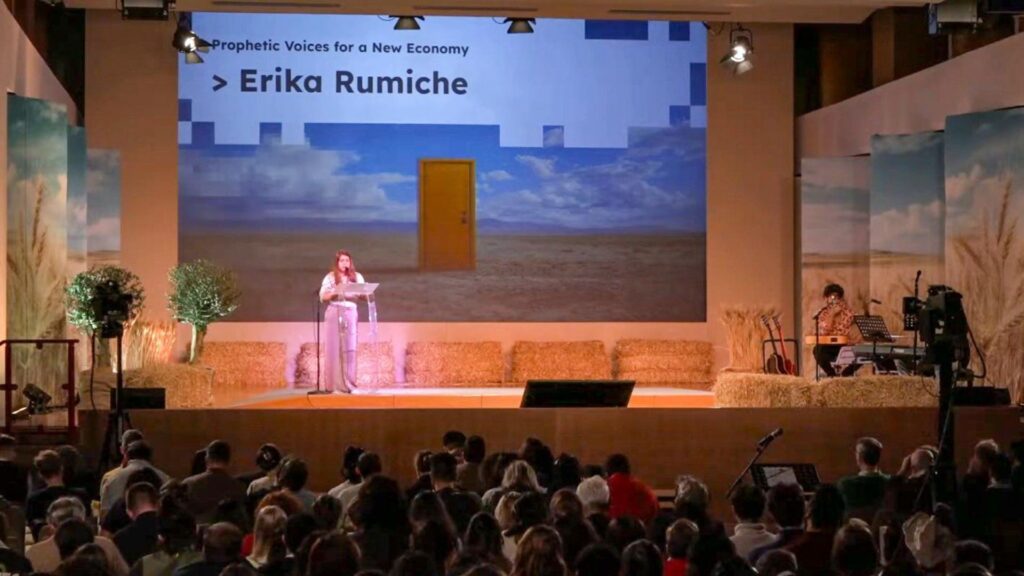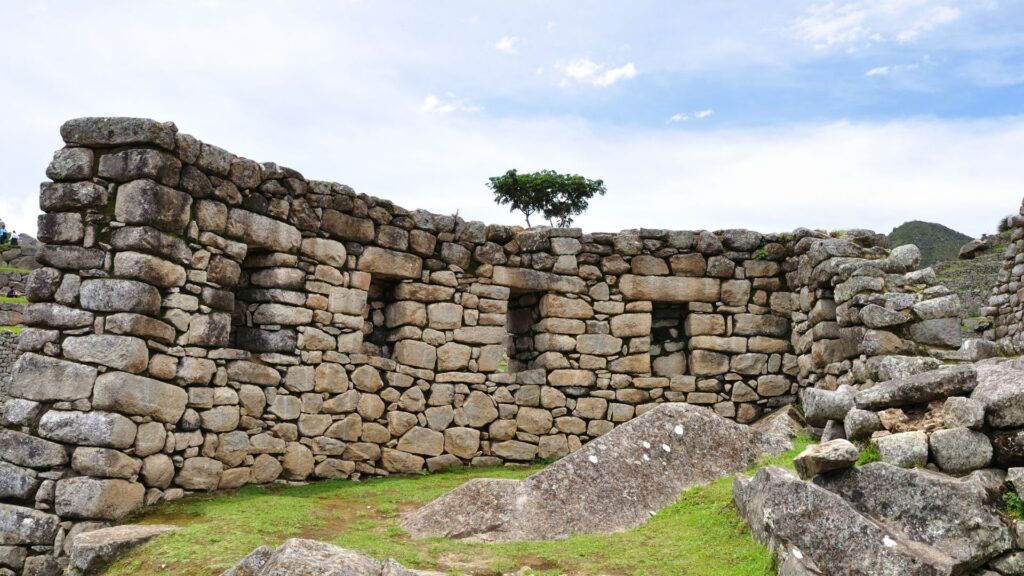The Future at Stake: How Global Warming is Transforming Winter Olympic Venues
The Winter Olympic Games represent the ultimate expression of human skill on ice and snow. However, behind the acrobatics and extreme speeds, the natural stage for these competitions faces an existential threat. The reality is direct: the global climate warms with each passing decade and cities that historically hosted these events record increasingly higher temperatures. This phenomenon deeply alters the conditions of historic venues. The rise in average February temperatures transforms what were once freezing and reliable winters into periods of climate uncertainty. For financial institutions and public policy agencies, understanding this progression is vital to evaluate long-term infrastructure viability and asset resilience against climate change. The Thermal Rise in Historic Venues A detailed analysis of cities that have served as Winter Olympic hosts since 1950 reveals a clear warming trend. The average February temperature in these locations has risen steadily over time. Today, host cities record temperature averages several degrees higher than when they first held the games. The Case of Cortina d’Ampezzo Cortina d’Ampezzo, Italy, serves as an emblematic example of this transformation. This city was the original host of the 1956 Winter Games. From that year to the present, February temperatures in the region have risen by approximately 3.6 °C. This increase shifts the freezing line and reduces the stability of the natural snowpack, which forces organizations to rethink their resource management strategies. The Lesson of Beijing 2022: The Artificial Snow Dilemma The Beijing 2022 edition marked a concerning milestone in this trend. Due to the scarcity of natural precipitation and inconsistent temperatures caused by climate change, these were the first Games to rely almost 100% on artificial snow. While technology allowed the competitions to take place, the environmental cost was immense. Millions of liters of water and a massive amount of energy were required to power snow cannons in a region already suffering from water stress. This model was unsustainable and demonstrated that, without real climate action, sporting events of this magnitude will become high-impact industrial processes instead of celebrations of nature. Why Winters are Warmer This thermal increase is a direct consequence of global warming. The planet experiences a generalized rise in temperature due to the accumulated emissions of greenhouse gases (GHG). This process makes winters progressively warmer in most mountainous and northern regions of the world. Cities that previously guaranteed extreme cold conditions now face comparatively mild Februaries. Climate change erodes seasonal reliability, affecting not only elite sports but also local economies that depend on winter tourism. The transition toward a low-carbon economy is necessary to preserve these ecosystems and the infrastructure associated with them. Toward Carbon Neutral Venues and Climate Smart Events The future of major events with high tourism demand must evolve. Mitigating damage is not enough; Olympic venues have the opportunity to transform into Carbon Neutral Venues that also host Climate Smart Events. A Climate Smart Event uses technology and citizen participation to reduce its carbon footprint to the minimum. Additionally, it promotes greater carbon sequestration through tree planting in hectares of ecological restoration projects. Given the massive influx of visitors and the media buzz they generate, these events must be participatory platforms where tourists do more than consume. They must engage actively in sustainability. We can imagine venues that function as collaborative laboratories for climate action, where transport is 100% electric, energy comes from local renewable sources, and every visitor contributes to the regeneration of the host ecosystem. A Shared Commitment: The Three Pillars of Action The magnitude of the climate challenge in winter sports indicates that we cannot leave the solution solely in the hands of organizing committees. Joint action is required under three fundamental pillars: The Time to Act is Now Climate change is not a distant spectator; it is already dictating the rules of the game in our mountains and stadiums. However, this challenge is also our greatest opportunity to innovate. Participating in a Climate Smart Event or choosing a Sustainable Destination is more than a travel choice. It is a step toward the goal of a positive future for our planet. We invite you to be more than a simple observer of climate transformation. As citizens, business leaders, and nature lovers, we have the capacity to turn every major event into a catalyst for hope and regeneration. Let us act with the same determination and passion as an Olympic athlete to protect our planet! This article was prepared by Erika Rumiche Hernández from the Green Initiative Team. Information Sources and References Related Reading
The Future at Stake: How Global Warming is Transforming Winter Olympic Venues Read More »










